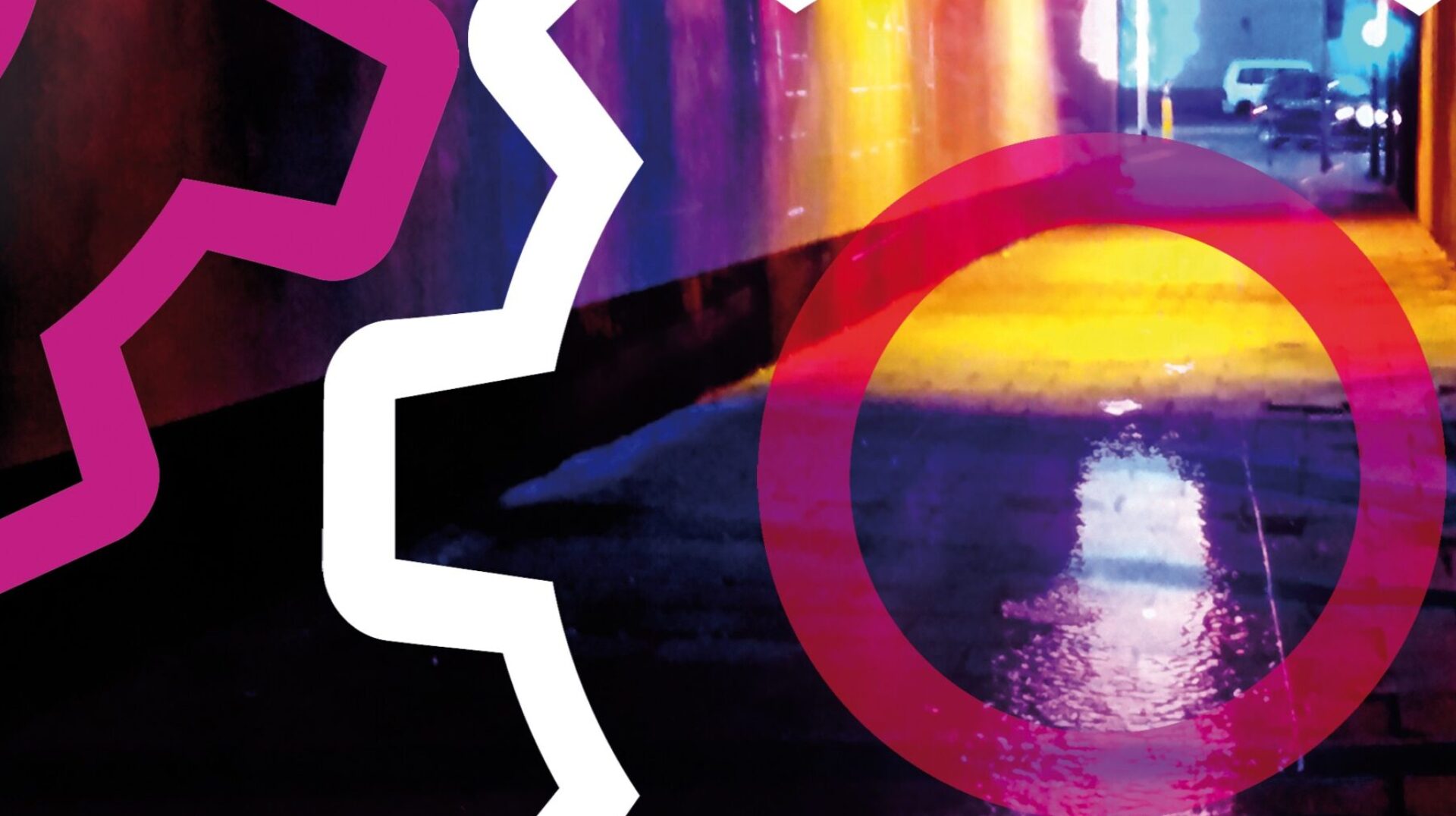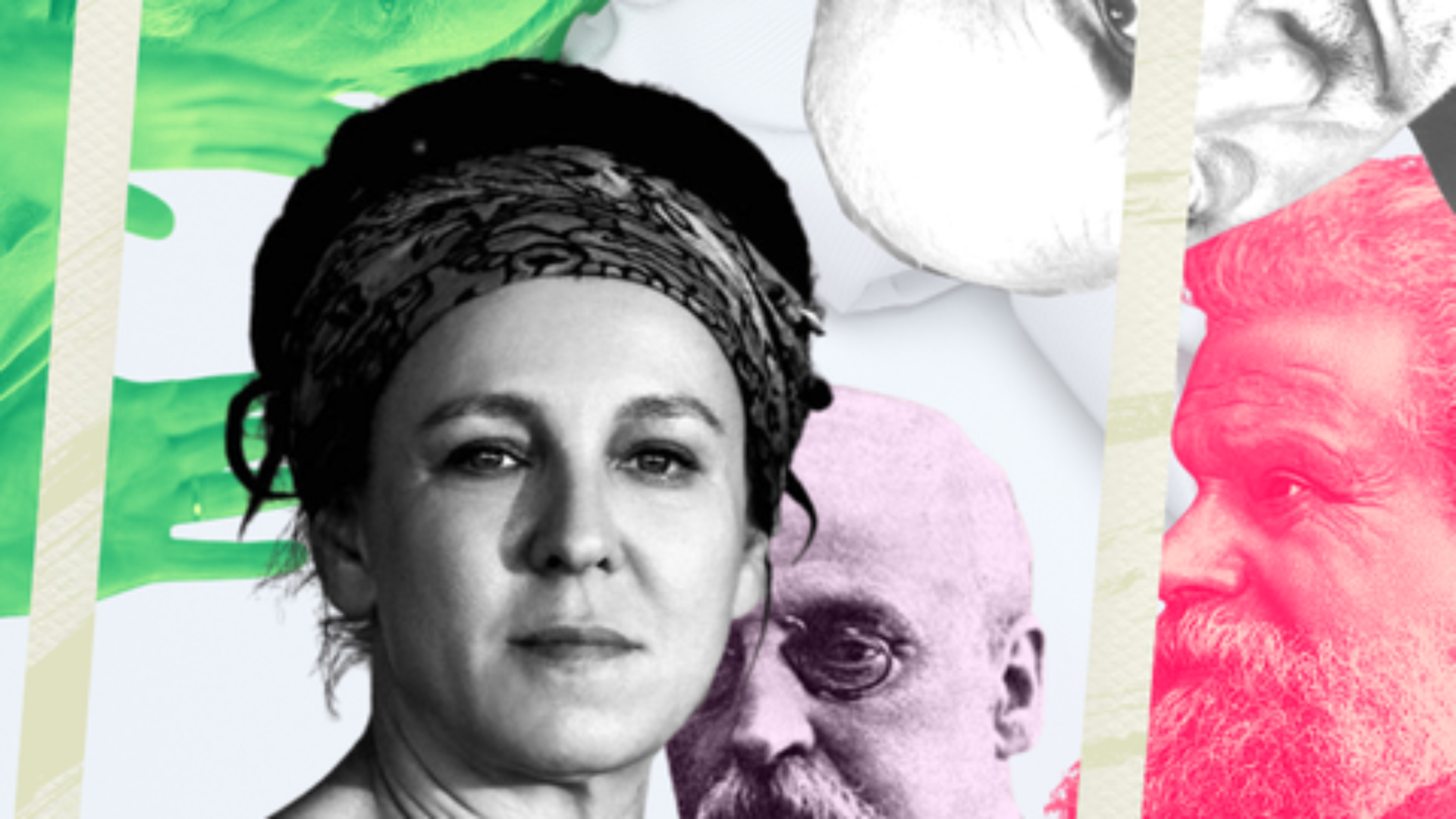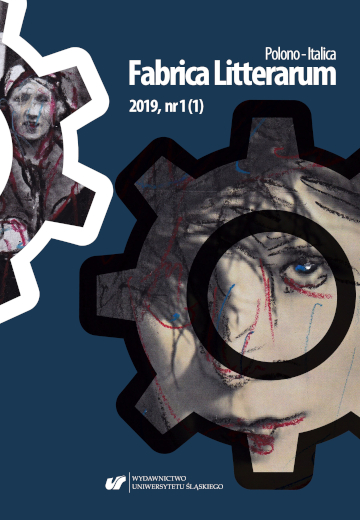“Fabrica Litterarum Polono-Italica”, nr 1 (1) 2019 – Alberti unknown
We are proudly publishing the first issue of Fabrica Litterarum Polono-Italica devoted to Kazimiera Alberti: a mysterious yet inspiring author. Alberti belongs to both Polish and Italian literary traditions and functions in these two cultural and linguistic spaces even though this presence bears different implications in each case. Despite the incontrovertible merits of her writings, she still remains unknown to the wider audience if not entirely forgotten by it. Cutting-edge and capacious in its aims and scope, this mostly unprecedented issue we thereby present is bilingual, just as Alberti’s writings.


